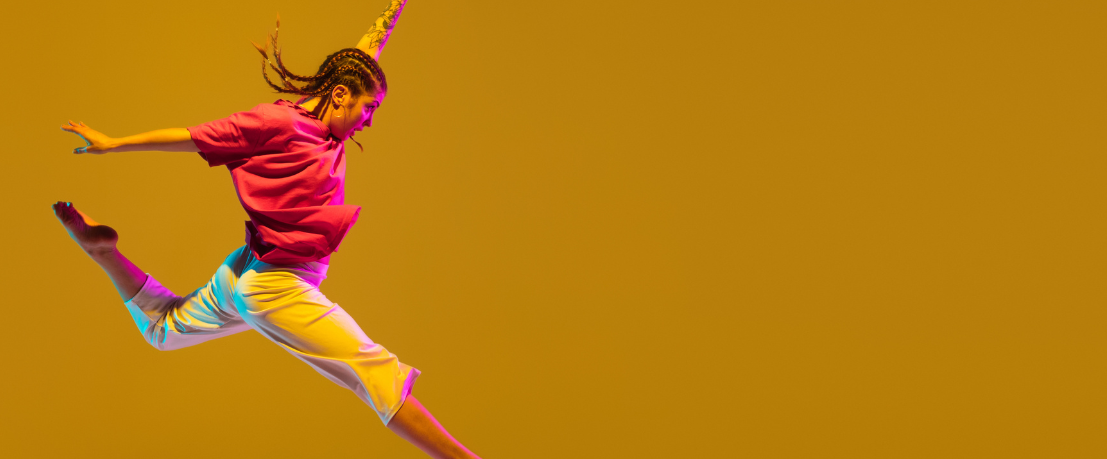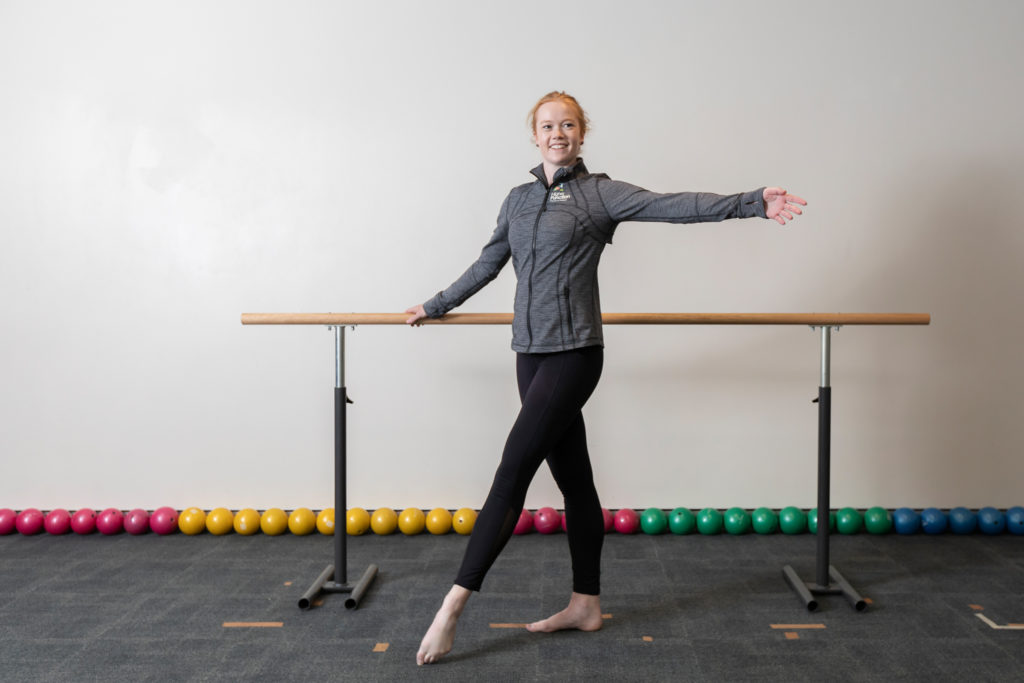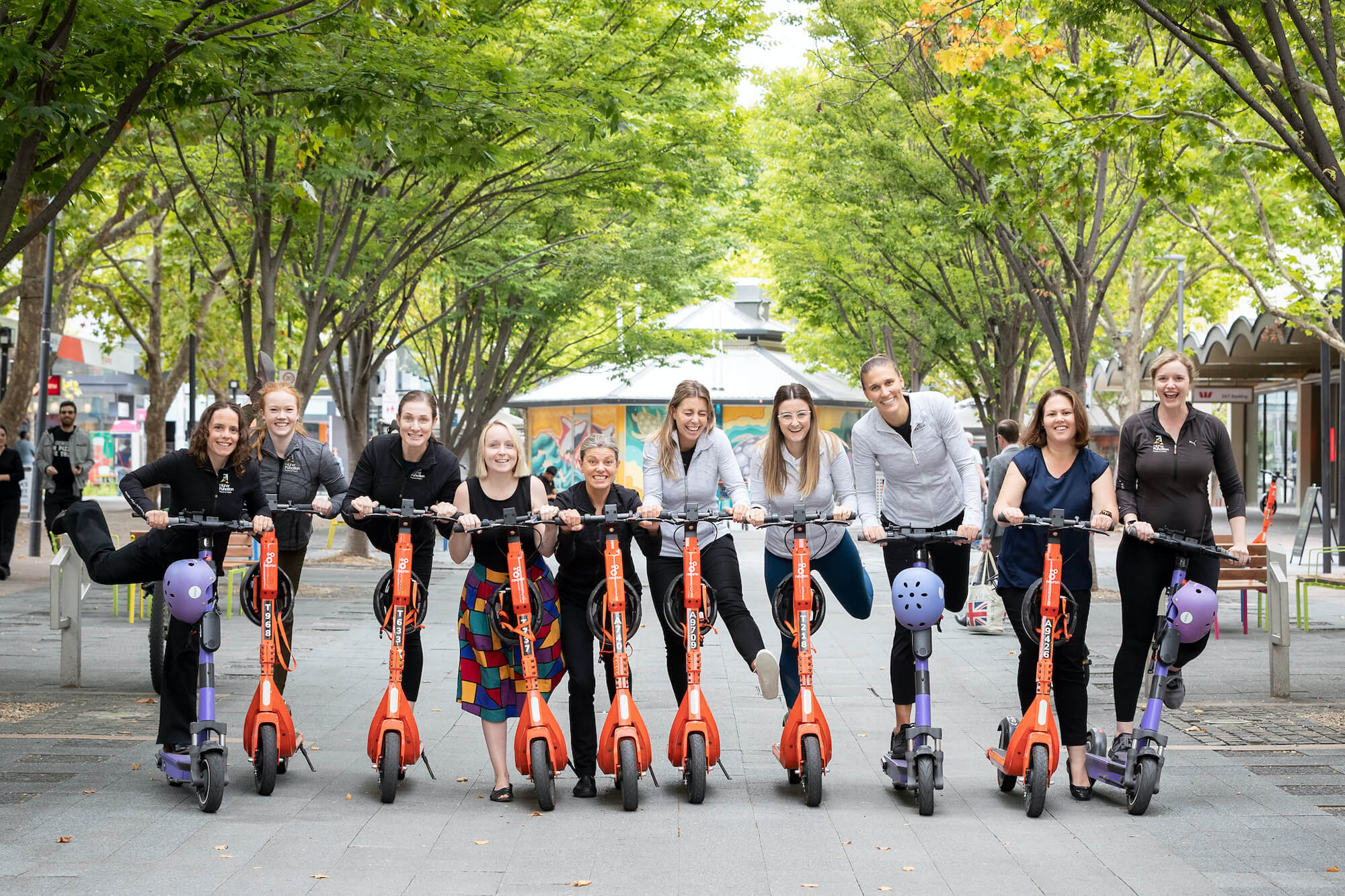By Dominique Wood-Ward – Physiotherapist (classical ballet dancer and teacher!)
Dance requires high levels of strength, flexibility, balance and control. Studies observing dancers have shown overuse injuries to be the most common form of injury 💃🕺.
Some common overuse injuries generally affect lower limb joints and the lower back and include:
- Hips: snapping hip syndrome, impingement, labral tears, hip flexor tendinopathy
- Knees: patellofemoral pain syndrome
- Ankles/feet: Achilles tendinopathy, impingement, trigger toe (tenosynovitis), sever’s disease
- Stress fractures: lumbar spine, metatarsals, sesamoids
- Shins: medial tibial stress syndrome, stress fractures
Traumatic injuries (although more rare), can occur, most commonly ankle sprains. Ankle sprains usually occur when landing from a jump, with a quick change of direction or when falling sideways out of a demi-pointe or off a pointe shoe. They involve an overstretching and subsequent tearing of the ligaments on the inside or outside of the ankle. If an ankle sprain occurs it is extremely important to seek treatment to reduce the risk of recurring sprains and improve stability to allow return to dance.
Is it necessary to do exercise outside of dance class? 💪
In order to reduce risk of injury it is important for dancers to cross-train. This means including exercises outside of class that strengthen core muscles and leg, training in both external rotation and parallel. Including exercise that challenges the cardiovascular system is important to build stamina to be able to perform.
If injuries occur, get them seen to immediately to reduce risk of chronicity and greater time out of class.
You don’t have to be injured to see a physiotherapist. If you are struggling with a particular element within your dance training a physiotherapist can do an assessment and provide you with a tailored programme to help you improve your skills. Additionally, physiotherapists can do an assessment to assess readiness for pointe work. This would involve an assessment of strength, mobility, balance and technical proficiency. A programme would then be provided to help improve readiness. This is necessary to reduce the risk of injury when progressing onto pointe, particularly important as there is often an overall training load increase at this time. Book with our Physiotherapist Dominique Wood-Ward, who is a classical ballet dancer and teacher!
Have you heard of Barre ? 🩰
If you have had a big break from dance, or have never danced but would like to try a dance inspired workout then Barre is for you! Barre class is a ballet and Pilates inspired workout that targets your aerobic fitness, strength endurance, balance, flexibility, and coordination.
Generally, bodyweight movements with some light hand weights. The isometric contractions (held muscle activation) included in barre class help to develop endurance in your muscle’s strength.
Combined movements are incorporated to challenge both endurance holds of some muscle groups at a joint while working through range at another joint. Barre classes use high energy, uplifting music to keep you moving. With a higher pace than a Pilates class, Barre will help to increase your heart rate during exercise.
Barre has a particular focus on gluteal and calf strength as well as ankle and hip stability. Barre class can help you to improve your body awareness with small, targeted movements a key element in the style… and it’s heaps of fun!
Try our Barre class! Every Thurs 5:30pm. (no Initial Assessment required)



